In February 2010, Patti Smith played a benefit concert for the Chicago Coalition for the Homeless. While the sold-out show would’ve been a great moment for the organization on its own, it ended up as the beginning of something much bigger.
At that show, a man named Dem Hopkins danced the night away before winning a signed poster and meet and greet with Smith herself. But Hopkins was more than just a fan having a good time. He had previously run a well-known Chicago punk club called Oz, and he felt a strong connection with the Chicago Coalition for the Homeless, as he had once lived on the streets himself.
On the following Monday, Hopkins called Michael Nameche, the coalition’s Director of Development with an interesting proposition. He wanted to hold another benefit show headlined by a reunited Naked Raygun. But what Hopkins couldn’t have possibly known was that as he was pitching Nameche on the idea, Nameche was actively wearing a Naked Raygun t-shirt and had always loved the Chicago punk legends.
One thing led to another, and eventually Nameche and Hopkins ended up sitting down with “Riot” Mike Petryshyn about how the Naked Raygun show could tie into the rapidly expanding festival that Petryshyn helmed every September, Riot Fest. After a lengthy chat about mutual connections (mostly involving Naked Raygun), the benefit became the official preview night for that year’s festival.
In the end, that show ended up raising less than $5000 for the Chicago Coalition for the Homeless, but it launched a relationship between the coalition and Riot Fest that has grown and endured to this day. The coalition became the official charity of Riot Fest and has made an appearance at the event every year since, often hosting raffles, auctions and other fundraising measures to support the work they do in aiding with the homeless crisis in Illinois.
SPIN IMPACT sat down with Nameche at this year’s Riot Fest to learn more about the Chicago Coalition for the Homeless, its mission, and its long-tenured run at the country’s premier punk rock festival.
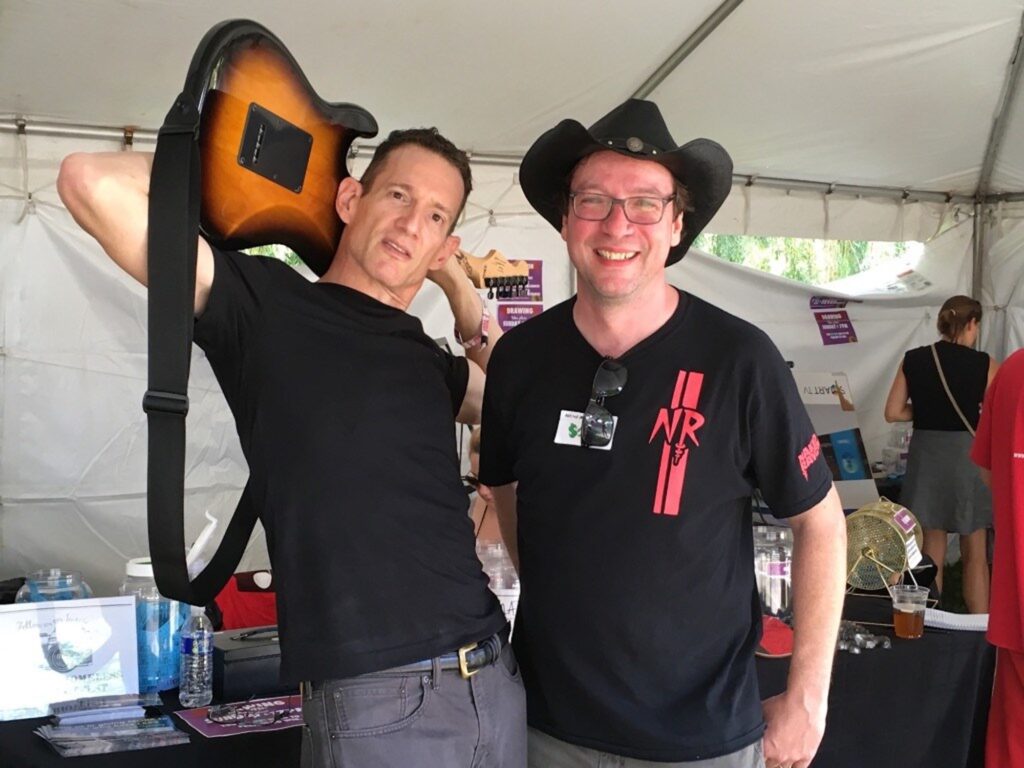
SPIN: How would you explain the Chicago Coalition for the Homeless to someone who’s never heard of it before?
Michael Nameche: The coalition is a great organization, and we’ve been around since 1980. I like to say that supporting the coalition is like supporting three organizations in one, because we are an advocacy organization — not a direct service organization. You could put somebody up in a temporary shelter or you can feed somebody at a soup kitchen, but that’s not going to change their situation overall. We need systemic change. I’m not suggesting that we don’t also need immediate services, but the coalition is taking three distinct approaches to the larger picture. We have a public policy team, a community organizing team and a legal team. We’re there on the frontlines fighting for increased funding. We’re trying to block policies that are written on the backs of people experiencing extreme poverty, while trying to lift up and help legislators craft policies that will actually remove barriers. We’re building power within communities, so that people who feel disenfranchised can get involved and use their voice to educate and inform people about what’s really going on.
At the center of our organization, we have these grassroots leaders. These are people that are experiencing homelessness or have recently experienced homelessness, and they are there at every table where we’re making decisions about the policies that we’re going to go after. This involves access to healthcare, access to education, criminal justice reform, you name it. The other thing about advocacy is that you have to be patient and you have to play the long game. We worked on prostitution in the state of Illinois for over a decade until we got it removed as a felony for the sex worker. Now it’s no longer a blot on their record, should they want to leave the sex trade — which many of them do. But that didn’t happen overnight. We’ve been involved in some of our current campaigns for 4 or 5 years, but we just keep working on them. Sometimes we’re in the room where decisions are being made, and sometimes we’re outside in the street with signs and megaphones — and sometimes we’re applying both strategies.
The other thing is that we don’t accept government money, and we never have. If we’re advocating for increased funding for a policy change, it’s not because we want a raise or we’re worried about keeping our lights on. Our money comes from private individuals and foundations, so our analysis of what’s working and what’s not working is independent and objective. I like to say we have no permanent enemies and no permanent allies. You could be a republican, you could be an independent, you could be a democrat, you could be an alien that comes down from another planet. If you have something that we deem is going to help people in extreme poverty, we are going to work with you for it. Then if you say something the next day that we think “Nope, that doesn’t work.” We’re going to tell you that right then.
How have you seen your work and your mission change since the pandemic?
We were very fortunate because we could continue to advocate from our own homes, but we also recognized that what it exposed was the reality that we all knew already — which is that so many people are just a couple of paychecks away from a dire situation. You had people who were initially deemed the frontline workers — people working at grocery stores, dock workers, cashiers — working minimum wage jobs, and suddenly they miss a couple of paychecks and the system is forced to react to it. You have eviction moratoriums and things like that. It drove home to a lot of people that this is a broken system. Wages are too low and housing is too expensive. These are the things that we’ve been focused on for decades.
We created one of the first mutual aid funds in Chicago, where people could access a $500 contribution just by filling out the application on your phone or calling us up. It would take you less than 10 minutes, and you didn’t have to produce any evidence. You could just say “This is why I need this money.” We opened up the application, and within three days, we had 6,000 applications and only enough money to help like 500 households. We subsequently opened up wave after wave after wave, and every single time, we would reach the limit immediately. This last wave opened up on September 1, and it took us four hours — so the pain is still there.
Nothing has really changed because of the pandemic, but it’s just been exposed. We made changes like getting mobile hotspots for homeless youth, because when everything went remote, we were like “OK, well, what are you going to do about families that don’t have Wi-Fi at home?” You can’t leave kids behind, so we got laptops and hotspots for kids. We worked with the city on some hotel openings and porta potties, but those were just stopgaps. We tried to get more involved in some measures that were just like “OK, this is important right now,” but our main objectives didn’t change.
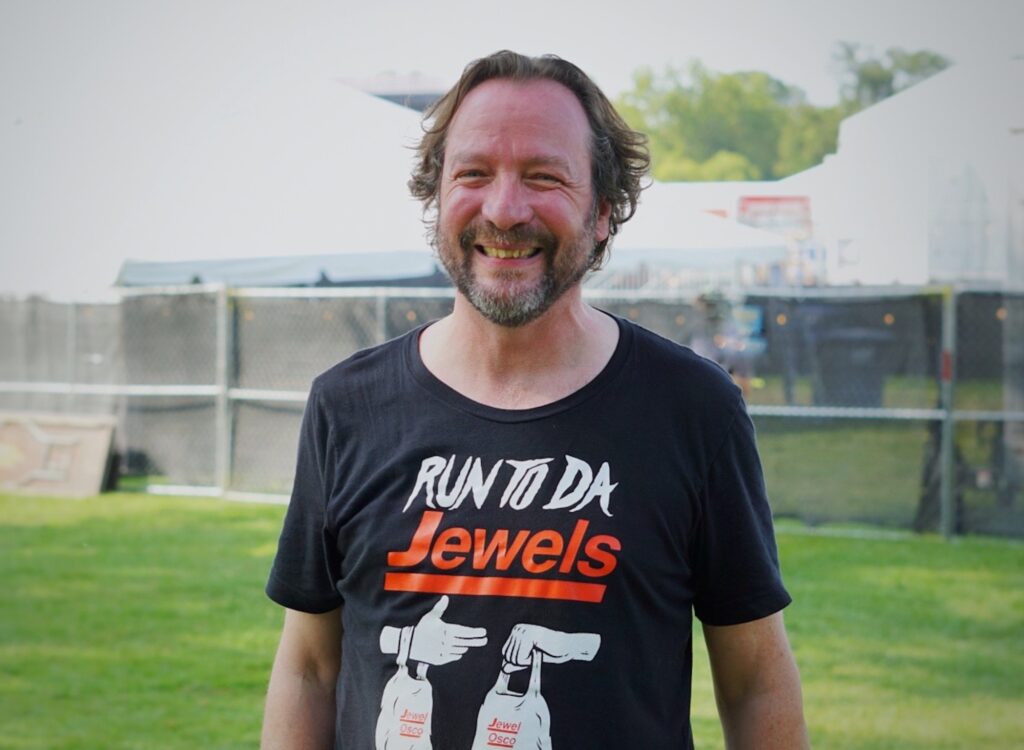
How can people who are interested in supporting the coalition help?
Well, politics are local. We’re called the Chicago Coalition for the Homeless, so we do citywide advocacy — but we also do statewide acts. We’ve been statewide for decades, but “the Illinois Coalition for the Homeless” doesn’t really roll off the tongue. Chicago and Illinois residents can get involved just by visiting our website. signing up, and taking the actions that we ask for. A lot of them are just informing your representatives about your feelings on the policies that are in play. These policies — like an anti-panhandling ordinance — might not affect your life, but it has a major effect on somebody who’s just trying to get money to buy medication or eat. That’s being criminalized on a city-by-city level, not a national level, so getting involved is critical.
I’m the fundraising guy, so I obviously want people to donate, but I really just want them to learn about the problem. I think learning the scope of the problem is the biggest thing, because people see the person on the highway exit and they think that’s homelessness. But there’s a much broader demographic — families, children in school, people working two or three jobs and still couchsurfing or staying in hotels — that you might never know about. Then there’s the underlying problem that there’s another subgroup of people who are at risk and might be only a paycheck or two away. That’s why we have to advocate for higher wages, lower housing prices and those kinds of policies. It’s about getting involved in politics at the policy level, which some people find very interesting, but most of us just want to live our lives and have the problem be fixed for us.
You skipped the usual raffle here at Riot Fest this year, so what’s your plan to raise money and awareness for the coalition this time around?
We got a bunch of guitars signed by bands this weekend, so we’ll probably hold an auction the month that Riot Fest announces the 2023 lineup. It’ll be something where people can bid online and in person, and the money raised will go to the Chicago Coalition for the Homeless and Douglass Park community groups. It’s a unique way for fans to connect with their favorite bands. You can bid on something, and if you win it, you’ll probably treasure it for a lifetime. It won’t be like just buying it on eBay, because, as it hangs on your wall, you’ll know you did a good thing.
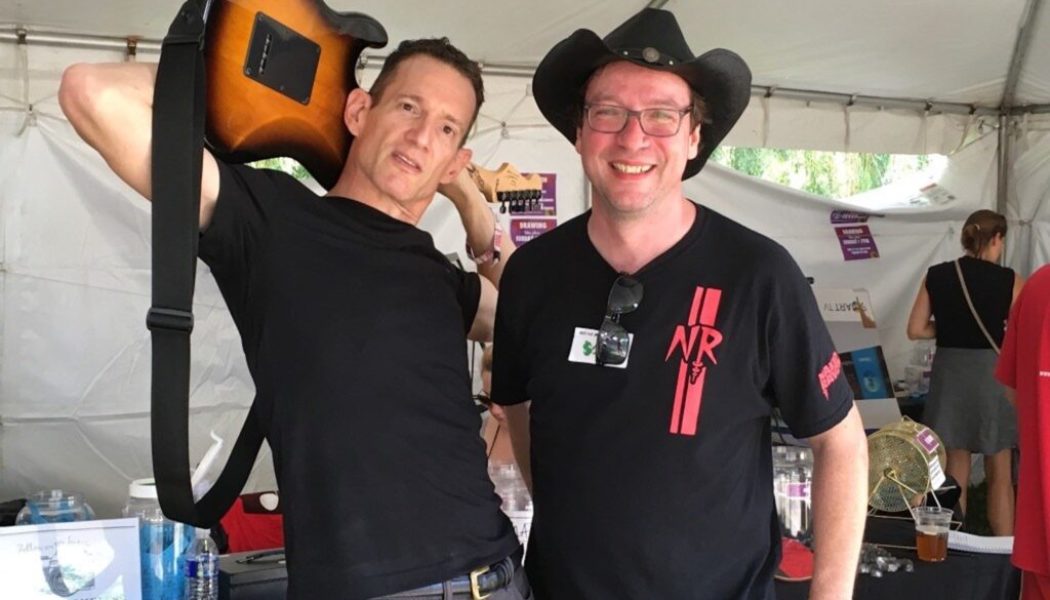



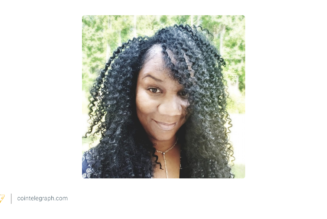
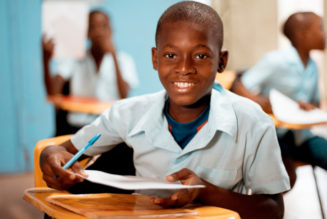
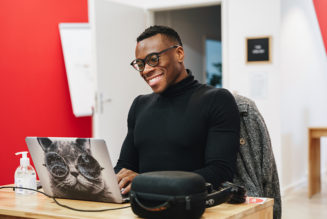
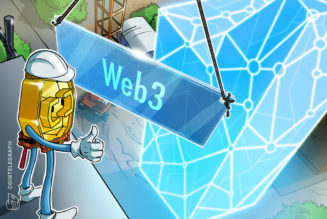
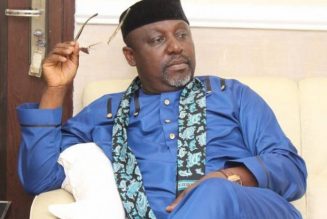
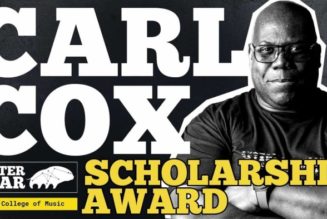

Tagged: Education, Riot Fest